Michael Blake & Kresten Osgood - Control This (2009)
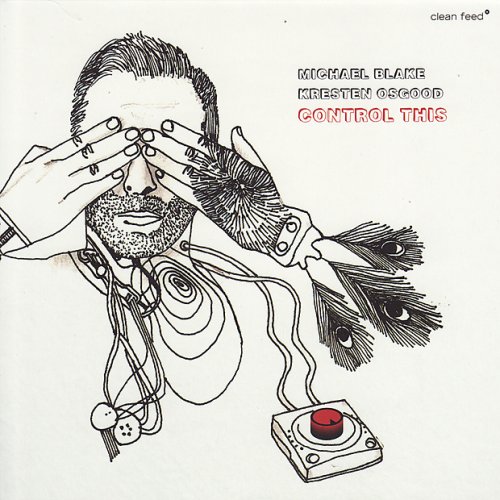
Artist: Michael Blake & Kresten Osgood
Title: Control This
Year Of Release: 2009
Label: Clean Feed [CF136CD]
Genre: Jazz, Free Improvisation
Quality: FLAC (tracks+.cue, log)
Total Time: 55:45
Total Size: 310 MB
WebSite: Album Preview
Tracklist:Title: Control This
Year Of Release: 2009
Label: Clean Feed [CF136CD]
Genre: Jazz, Free Improvisation
Quality: FLAC (tracks+.cue, log)
Total Time: 55:45
Total Size: 310 MB
WebSite: Album Preview
1. Salutations (06:37)
2. Control This (03:47)
3. Creole Love Call (10:02)
4. Top Hat (05:42)
5. Elephants Are Afraid Of Mice (07:09)
6. Cotton Mouth (08:40)
7. Cheryl (13:48)
The saxophone/drums duo format has a great tradition in jazz music. Control This is a collection of improvisations rooted in the history of this musical idiom, yet it sounds like completely new music. Stripped of chords and bass notes the musicians are free to compose in the moment and converse musically in a completely free environment. It is to their credit that we have to remind ourselves when listening to these tracks that there isn’t bass or chord instruments involved. They are implying that information: the bass is coming out of the bass drum and floor tom. Blake’s lines are fuelled with an endless amount of harmonic information that never distracts from his melodic intent. Especially on alto saxophone (his debut, for Blake is primarily recognized for his tenor and soprano playing) the communication between Blake and Osgood is clearly inspired. If there is any proof that the living art of jazz exists it is in these moments of pure improvisation. Their partnership goes way back: the drummer holds a commanding presence in the Copenhagen music community and frequents New York City where he has produced albums with Oliver Lake, Sam Rivers and Paul Bley. He is a member of the band Blake Tartare, lead by the saxophonist, and they both recorded with Dr. Lonnie Smith. Blake has won accolades as a saxophonist ever since he joined the Lounge Lizards in 1990. He has released 8 albums as a leader (including “Right Before Your Very Ears” on Clean Feed) and is extremely active on the New York scene. Perhaps both players personalities and kinship has never been so well represented as on ‘Control This’. Immediately we feel a complicity between the two musicians; they know each other very well and they are in close synchrony. But what could function as a guarantee of security, turns to be the basis of a journey that goes deeper into the realms of cooperative research � of the music and of themselves. Remarkable.
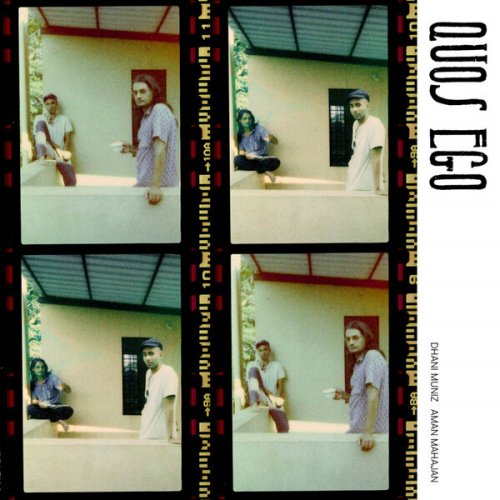
![Dave Slonaker Big Band - Shifty Paradigms (2026) [Hi-Res] Dave Slonaker Big Band - Shifty Paradigms (2026) [Hi-Res]](https://www.dibpic.com/uploads/posts/2026-02/1771506144_eu5h6bbhmvwxe_600.jpg)
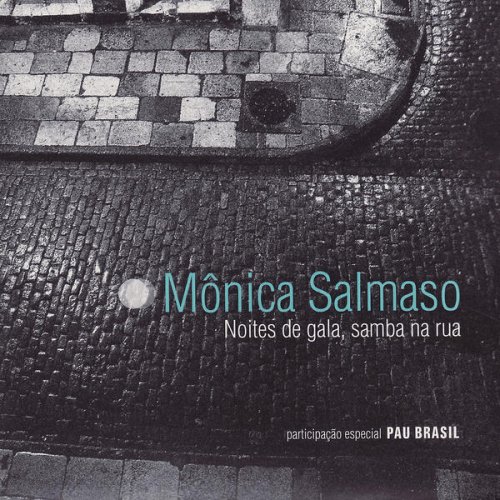
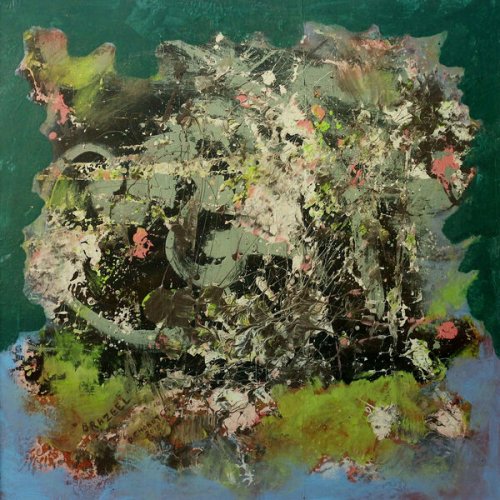

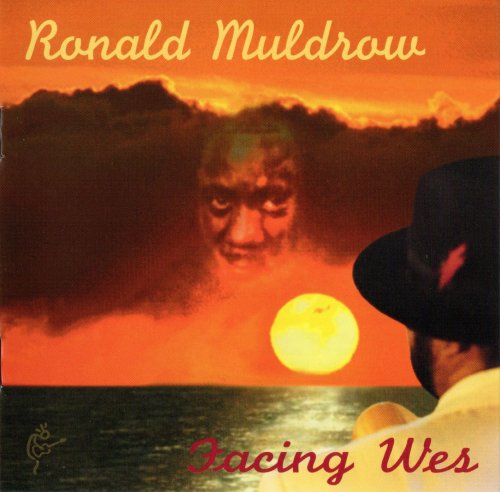
![Tom Oren - Dark Lights (2026) [Hi-Res] Tom Oren - Dark Lights (2026) [Hi-Res]](https://www.dibpic.com/uploads/posts/2026-02/1771427884_tdqtmzk78zgcb_600.jpg)
![Meinild/Anderskov/Tom - Spectral Entanglements (2023) [Hi-Res] Meinild/Anderskov/Tom - Spectral Entanglements (2023) [Hi-Res]](https://www.dibpic.com/uploads/posts/2026-02/1771491474_hl116k2q9n24a_600.jpg)
![Acid Mothers Reynols, Acid Mothers Temple, Reynols - Vol. 3 (2024) [Hi-Res] Acid Mothers Reynols, Acid Mothers Temple, Reynols - Vol. 3 (2024) [Hi-Res]](https://img.israbox.com/img/2026-02/21/vgzin7mjpuc9xi8v2ce3z1jc8.jpg)